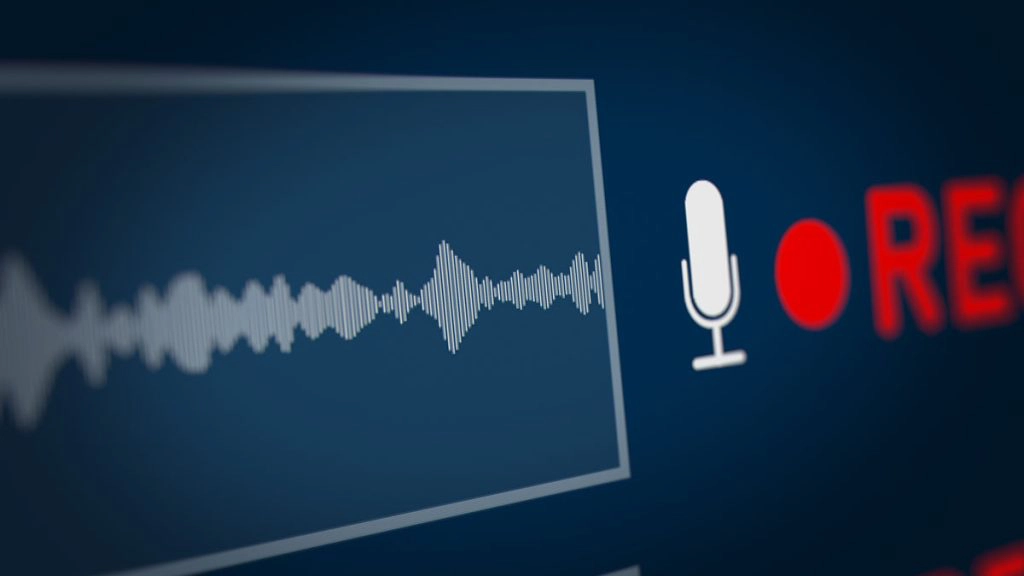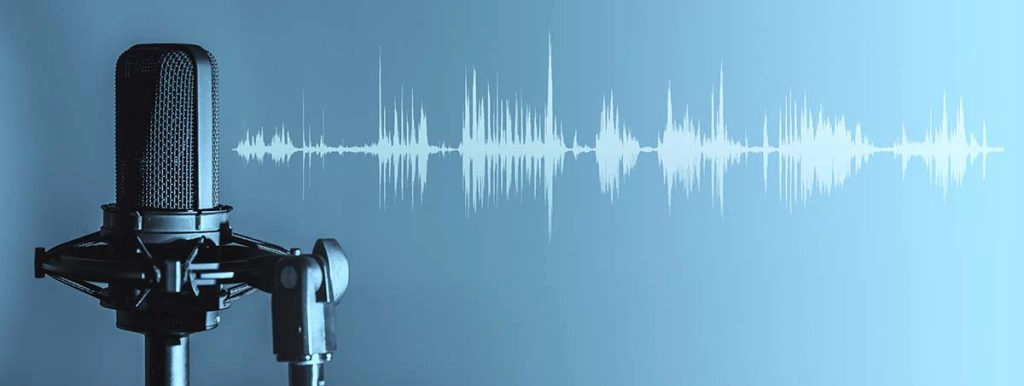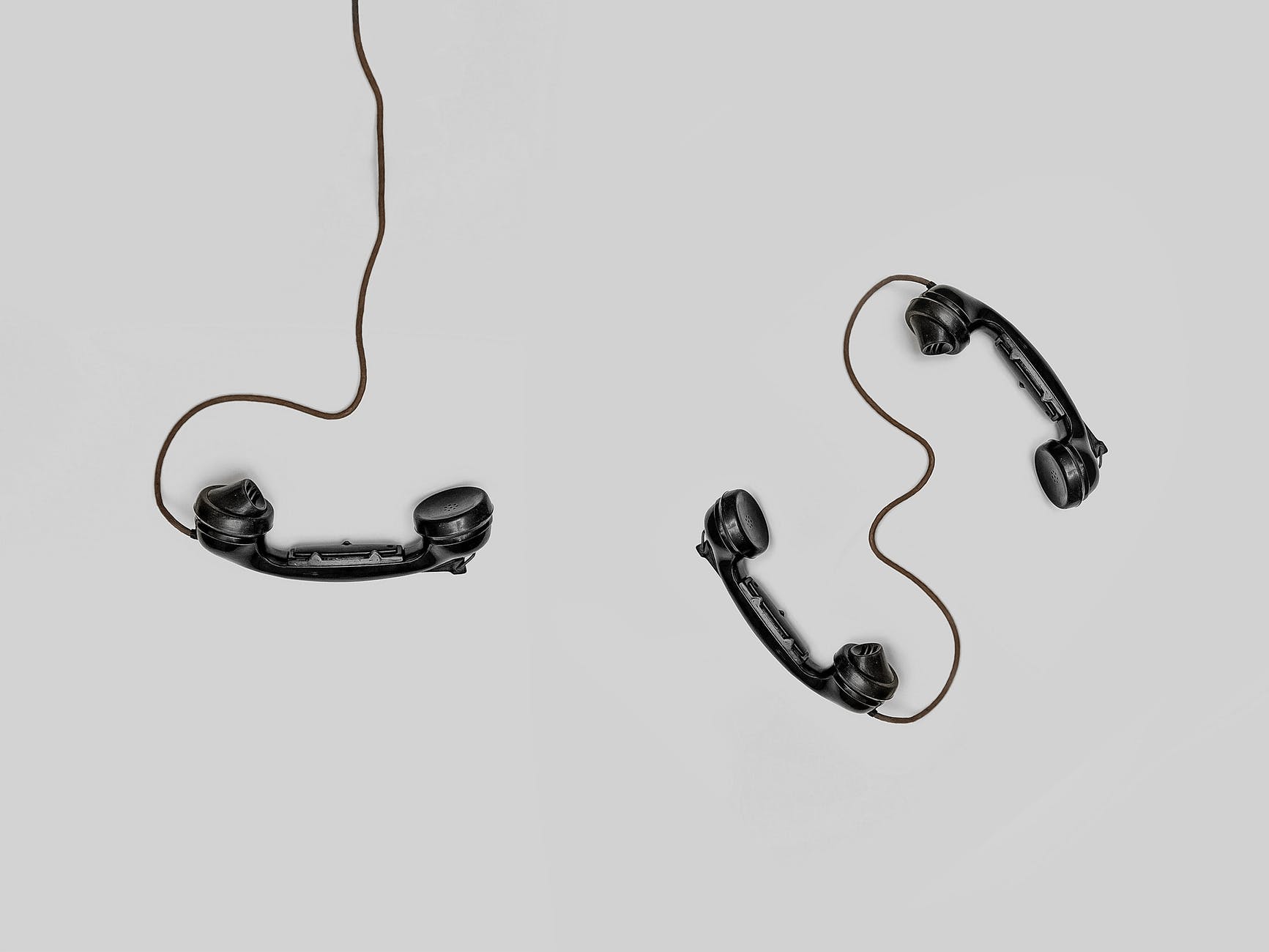
New York Recording Law Summary: 
Last Updated: January 2025 | Verified against current N.Y. Penal Law Article 250
Quick Answer
New York is a one-party consent state. You can legally record phone calls and in-person conversations as long as you’re a party to the conversation or have consent from at least one participant. However, eavesdropping (recording without any party’s consent) is a Class E felony in New York.
| Key Point | Answer |
|---|---|
| Consent Type | One-Party |
| Can you record your own calls? | Yes |
| Must you inform others? | No |
| Primary Statute | N.Y. Penal Law § 250.00, § 250.05 |
| Criminal Penalty | Class E Felony (up to 4 years) |
| Civil Damages | Actual damages + punitive damages |
Our recommended Digital Voice Recorder.
Understanding New York’s Recording Laws
The Legal Foundation
New York’s wiretapping and electronic surveillance laws are found in Article 250 of the New York Penal Law (Offenses Against the Right to Privacy). The key statutes are:
- N.Y. Penal Law § 250.00 – Definitions (wiretapping, mechanical overhearing, eavesdropping)
- N.Y. Penal Law § 250.05 – Eavesdropping (Class E felony)
- N.Y. Penal Law § 250.10 – Possession of eavesdropping devices
- N.Y. Penal Law § 250.15 – Failure to report wiretapping
Key Definitions Under New York Law
Understanding New York’s recording laws requires knowing these definitions from § 250.00:
- “Wiretapping” – Intentional overhearing or recording of telephonic or telegraphic communication by someone other than sender or receiver, without consent of either
- “Mechanical overhearing” – Intentional overhearing or recording of a conversation without consent of at least one party, by a person not present
- “Eavesdropping” – Unlawfully engaging in wiretapping, mechanical overhearing, or intercepting electronic communications
One-Party vs. Two-Party Consent Explained
New York requires consent of at least one party to record conversations. This means:
- You can record any conversation you’re participating in
- You can record phone calls you’re a party to
- You cannot record conversations where you’re not a participant (eavesdropping)
In contrast, two-party (or all-party) consent states like California require everyone in the conversation to agree to be recorded.
Recording Phone Calls in New York

Can You Record Phone Calls in New York?
Yes. Under N.Y. Penal Law § 250.00, you can record any phone call you’re participating in without informing the other party. This applies to:
- Landline calls
- Cell phone calls
- VoIP calls (Zoom, Teams, Google Meet, etc.)
- Video calls
Recording Calls Across State Lines
If you’re in New York calling someone in a two-party consent state, the stricter law typically applies. States requiring all-party consent include:
- California
- Connecticut (nearby)
- Florida
- Illinois
- Maryland
- Massachusetts (nearby)
- Montana
- Nevada (for phone calls)
- New Hampshire (nearby)
- Pennsylvania (nearby)
- Washington
Best practice: New York is surrounded by several two-party consent states (Connecticut, Massachusetts, Pennsylvania). When calling these states, consider informing the other party or getting explicit consent.
Business Call Recording
New York businesses can record calls for quality assurance, training, or compliance. While not legally required, many businesses choose to provide notice. Consent can be obtained through:
- Verbal consent before the call begins
- A recorded announcement (“This call may be recorded…”)
- A periodic beep tone during the call
Recording In-Person Conversations
When Is It Legal?
Under New York’s “mechanical overhearing” definition, you need consent from at least one party to record in-person conversations. As a participant, you provide that consent.
You can record in-person conversations in New York when:
- You’re participating in the conversation
- You’re in a public place where there’s no reasonable expectation of privacy
- You have consent from at least one party
When Is It Illegal?
Recording is illegal in New York when:
- You’re not a party to the conversation and don’t have consent from any participant
- You’re eavesdropping on someone else’s private conversation
- You’re using illegally obtained recordings for any purpose
What About Recording in Your Own Home?
You can record conversations in your own home if you’re participating. However, you cannot:
- Plant a hidden device and leave to record others without being present
- Record guests in areas with privacy expectations (bathrooms, guest bedrooms)
- Record intimate activities without consent (covered by separate privacy laws)
New York Video Recording Laws

Public Spaces
New York has no general prohibition on video recording in public spaces. You can:
- Film on public streets, parks, and sidewalks
- Record public meetings and government proceedings
- Use dashcams in your vehicle
- Film public protests or demonstrations
Private Property and Privacy
On private property, the property owner sets the rules. New York also has laws that prohibit:
- Unlawful surveillance (N.Y. Penal Law § 250.45) – Filming someone in a bedroom, bathroom, or other private location without consent
- Dissemination of unlawful surveillance (N.Y. Penal Law § 250.50) – Sharing such recordings
- Recording intimate images without consent
If you are recording someone’s likeness for business purposes, you should ensure that you gain proper consent by having them fill out a photo or video consent form.
Recording in the Workplace
Can Your Employer Record You?
New York employers can generally record in common work areas where employees don’t have a privacy expectation. However, employers cannot record in:
- Bathrooms
- Locker rooms
- Changing areas
Can You Record Your Employer?
Yes. As a one-party consent state, you can record conversations with your boss, HR, coworkers, or anyone else at work – as long as you’re part of the conversation. This can be valuable for:
- Documenting harassment or discrimination
- Recording performance reviews
- Protecting yourself in disputes
- Preserving important instructions
Caution: Your employer may have policies against recording. While recording is legal under New York law, violating company policy could result in termination.
Recording Police and Government Officials
Can You Record Police Officers in New York?
Yes. The First Amendment protects your right to record law enforcement officers performing their duties in public. In New York, this right has been affirmed by courts. You can:
- Film traffic stops (including your own)
- Record arrests happening in public
- Document interactions with police
- Livestream encounters
Important limitations:
- Don’t interfere with police operations
- Don’t trespass to get a better angle
- Follow lawful orders to step back (within reason)
- Don’t obstruct the officer’s duties
Recording Government Meetings
New York’s Open Meetings Law (Public Officers Law § 100 et seq.) requires most government meetings to be open to the public. Recording of public meetings is generally permitted. You can record:
- City council meetings
- County legislature meetings
- School board meetings
- State legislative proceedings
- Public hearings
Specific Situations
Can I Record My Landlord in New York?
Yes, if you’re part of the conversation. Recording interactions with landlords can help document:
- Verbal agreements about repairs
- Harassment or illegal entry
- Disputes about lease terms
- Evidence for tenant rights cases (New York has strong tenant protections)
Can I Record My Doctor in New York?
Yes, you can record medical appointments you attend. This can be helpful for:
- Remembering complex medical instructions
- Documenting informed consent discussions
- Having a record of diagnoses
- Sharing information with family caregivers
Can I Record ACS Workers?
Yes. Administration for Children’s Services (ACS) workers are government employees, and you can record your interactions with them as long as you’re participating in the conversation.
Can I Record My Ex-Spouse or Co-Parent?
Yes, during conversations you’re part of. This is common in custody disputes. However:
- Don’t record your children’s private conversations without being present
- Don’t use children to secretly record the other parent
- Consider how recordings may be viewed by New York family courts
Can I Use a Dashcam in New York?
Yes. Dashcams are legal in New York. There are no specific laws restricting their use, but you should:
- Mount the camera so it doesn’t obstruct your view
- Be aware that audio recording follows one-party consent rules
- Check if your insurance offers dashcam discounts
Using Recordings as Evidence in New York
Are Recordings Admissible in Court?
Recordings made legally under New York’s one-party consent law are generally admissible as evidence. However, courts may consider:
- Authentication – Can you prove the recording is genuine and unaltered?
- Relevance – Does the recording matter to the case?
- Hearsay rules – Some statements may be excluded
- Prejudicial vs. probative value – Does it unfairly influence the jury?
Criminal Cases vs. Civil Cases
- Criminal cases: Illegally obtained recordings are typically inadmissible and may result in criminal charges against you
- Civil cases: Rules can be more flexible, but illegally obtained evidence may still be excluded
Penalties for Illegal Recording in New York

Criminal Penalties
New York takes eavesdropping seriously. Penalties vary by offense:
| Offense | Classification | Potential Penalty |
|---|---|---|
| Eavesdropping (§ 250.05) | Class E Felony | Up to 4 years prison |
| Possession of eavesdropping devices (§ 250.10) | Class A Misdemeanor | Up to 1 year jail |
| Failure to report wiretapping (§ 250.15) | Class B Misdemeanor | Up to 90 days jail |
| Unlawful surveillance (§ 250.45) | Class E Felony | Up to 4 years prison |
Civil Liability
Victims of illegal recording in New York may sue for:
- Actual damages (lost wages, emotional distress, etc.)
- Punitive damages for willful violations
- Attorney’s fees and court costs
- Injunctive relief (court orders to stop recording/sharing)
Frequently Asked Questions

Is New York a one-party consent state?
Yes. New York is a one-party consent state, meaning you can record any conversation you’re part of without informing other participants.
Is New York a two-party consent state?
No. New York does not require all parties to consent to recording. Only one party needs to consent, and that party can be you.
Can I record a conversation without the other person knowing in New York?
Yes. As a participant in the conversation, you can record without telling the other person.
Can I sue someone for recording me in New York?
Only if the recording was illegal – meaning you were recorded without your consent by someone who wasn’t part of the conversation (eavesdropping). If someone you were talking to recorded you, that’s legal in New York.
Do I need to tell someone I’m recording in New York?
No. There’s no legal requirement to inform others that you’re recording a conversation you’re part of.
Can I record a Zoom call in New York?
Yes, if you’re a participant in the call. Note that Zoom has its own recording features and may notify participants depending on settings.
What is the penalty for illegal recording in New York?
Eavesdropping is a Class E felony, punishable by up to 4 years in prison. Civil liability can include actual and punitive damages.
Can recordings be used in divorce court in New York?
Yes, legally obtained recordings can be used as evidence in divorce proceedings. Courts often allow them to document communications about custody, finances, or misconduct.
Can I record calls with people in Connecticut or Pennsylvania?
Be cautious. Both states require all-party consent. Recording without everyone’s consent could violate their laws. Get explicit consent when calling these neighboring states.
Related New York Laws
- New York Car Seat Laws
- New York Child Support Laws
- New York Hit and Run Laws
- New York Lemon Law
- New York Sexting Laws
- New York Statute of Limitations
- New York Whistleblower Laws
Sources and Legal References
| Source | Link |
|---|---|
| N.Y. Penal Law § 250.00 – Definitions | FindLaw |
| N.Y. Penal Law § 250.05 – Eavesdropping | Public.Law |
| N.Y. Penal Law Article 250 – Full Text | YPD Crime |
| NY Open Meetings Law | NY DOS |
Disclaimer: This information is provided for educational purposes and should not be considered legal advice. Recording laws can be complex, and specific situations may have unique considerations. If you have questions about your particular circumstances, consult with a licensed New York attorney.
One-Party Consent States Reference
The following table provides a quick reference to all one-party consent states in the United States.
| State | Summary | Key Statute |
|---|---|---|
| Alabama | One-party consent. | Ala. Code § 13A-11-30 |
| Alaska | One-party consent. | AS 42.20.310 |
| Arizona | One-party consent. | ARS 13-3005 |
| Arkansas | One-party consent. | Ark. Code § 5-60-120 |
| Colorado | One-party consent. | C.R.S. § 18-9-303 |
| District of Columbia | One-party consent. | D.C. Code § 23-542 |
| Georgia | One-party for audio; all-party for video in private places. | O.C.G.A. § 16-11-62 |
| Hawaii | One-party consent. | HRS § 803-42 |
| Idaho | One-party consent. | Idaho Code § 18-6702 |
| Indiana | One-party consent. | Ind. Code § 35-33.5-5 |
| Iowa | One-party consent. | Iowa Code § 808B.2 |
| Kansas | One-party consent. | K.S.A. 21-6101 |
| Kentucky | One-party consent. | KRS 526.020 |
| Louisiana | One-party consent. | La. R.S. 15:1303 |
| Maine | One-party consent. | 15 M.R.S.A. § 710 |
| Minnesota | One-party consent. | Minn. Stat. § 626A.02 |
| Mississippi | One-party consent. | Miss. Code Ann. § 41-29-531 |
| Missouri | One-party consent. | Mo. Rev. Stat. § 542.402 |
| Nebraska | One-party consent. | Neb. Rev. Stat. § 86-290 |
| Nevada | One-party for oral; ALL-PARTY for wire/phone. | Nev. Rev. Stat. § 200.620 |
| New Jersey | One-party consent. | N.J. Stat. Ann. § 2A:156A-4 |
| New Mexico | One-party consent. | N.M. Stat. Ann. § 30-12-1 |
| New York | One-party consent. Eavesdropping is Class E felony. | N.Y. Penal Law § 250.05 |
| North Carolina | One-party consent. | N.C. Gen. Stat. § 15A-287 |
| North Dakota | One-party consent. | N.D. Cent. Code § 12.1-15-02 |
| Ohio | One-party consent. | Ohio Rev. Code Ann. § 2933.52 |
| Oklahoma | One-party consent. | Okla. Stat. tit. 13, § 176.4 |
| Rhode Island | One-party consent. | R.I. Gen. Laws § 11-35-21 |
| South Carolina | One-party consent. | S.C. Code Ann. § 17-30-30 |
| South Dakota | One-party consent. | S.D. Codified Laws § 23A-35A-20 |
| Tennessee | One-party consent. | Tenn. Code Ann. § 39-13-601 |
| Texas | One-party consent. | Tex. Penal Code § 16.02 |
| Utah | One-party consent. | Utah Code Ann. § 77-23a-4 |
| Vermont | One-party consent (case law). | Case law |
| Virginia | One-party consent. | Va. Code Ann. § 19.2-62 |
| West Virginia | One-party consent. | W. Va. Code § 62-1D-3 |
| Wisconsin | One-party consent. | Wis. Stat. § 968.31 |
| Wyoming | One-party consent. | Wyo. Stat. Ann. § 7-3-702 |
Federal Law: Under the ECPA and 18 U.S. Code § 2511, federal law operates as one-party consent.
Two-Party Consent States
The following states require all parties to consent:
- California
- Connecticut
- Delaware
- Florida
- Illinois
- Maryland
- Massachusetts
- Michigan
- Montana
- New Hampshire
- Oregon
- Pennsylvania
- Washington
Visit our Two-Party Consent States guide for details.

I have a first hearing at job, can I record?
New York is a one party consent state, so if you’re taking part of the conversation then you are within your rights to record the conversation. That being said, since it’s for a job it is best practice to inform them that you are recording.
If I am the person being recorded and I do NOT wish to be recorded what rights do I have?
New York is a one party consent state, so unless you are in a place with what is called ‘A reasonable expectation of privacy’ then your rights are quite limited. These places would typically be in areas like bedrooms, bathrooms, in your own home. If you are in a public place and someone is recording you again, you are quite limited.
If you are in a public place, asking to not be recorded is your best bet.
Is a therapist’s office considered an expectation of privacy? Is a phone call in the middle of a busy front desk area considered an expectation or privacy?
Hi Pam,
Typically anywhere inside an actual therapists office would be a place you would consider private, although a lot of therapists will still record your conversation. Outside of the therapists office in hallways and main gathering areas there is less expectation of privacy. These would be similar to how you would treat hallways in apartment buildings.
That being said a therapists office should be an intensely personal/safe space so I would expect the office to take precautions to make sure that their clients feel safe.
Can i record my conversation with my husband inside a therapist office?
Can I record my conversation with my husband while he is near the front desk in a hospital setting?
Inside a therapists office there would be an expectation of privacy. Outside of the therapist office in a public place such as a hospital front desk you would be able to record the conversation as long as you are a participant in the conversation. For example, you are not able to record a conversation between your husband and a nurse.
I would like to record certain conversations at work that I have with my boss. Do I have the right to do as I wish with that recording? Or do I need consent to distribute?
As New York is a one party consent state, as long as you are taking part in the conversation the recordings are legal to own and distribute.
If I am on a phone conversation and have not given my consent to be recorded and the other party records the conversation, is that illegal in NYC?
Hi Joe,
New York is a one party consent state, so it is not necessary for them to inform you they are recording the conversation as long as the person recording is taking part in the conversation.
I have a physical disability involving my hands. I purchased a strap-on device that holds my cell phone over my chest. I’ve been the victim of many public place incidents so I felt with this option, I would have physical tangible/recording evidence if it happens again. Being NY is a one party consent state and I am using this as I walk on the sidewalk or go into a grocery store (and not in a private setting as outlined above) am I legally protected or being unlawful if someone questions me on whether they are being recorded?
Hi Peter,
Seeing as New York is a one party consent state you are within your rights to record in public places such as sidewalks. You may run into issues in other places you mentioned such as grocery stores or malls as these are private places and are allowed to enforce their own rules such as ‘No recording allowed’
If I work inside a private doctor’s office, and the doctor places cameras in every room, recording video and audio, even in an exam room (patient’s do not get undressed or anything), is this a violation of HIPAA law as well as a violation of NYS Recording Law? I have not given any written consent to be recorded nor has my patients.
Hi Betsy!
New York is a one-party consent state, what this means is that they would be allowed to record with the consent of one person (either doctor or patient). This could be accomplished by having the patient sign a waiver before entering or if they had the consent of all staff.
Additionally HIPPA has some additional restrictions that must be followed for patient safety. So it’s less the act of recording the patient and more protecting the information and data acquired in that recording.